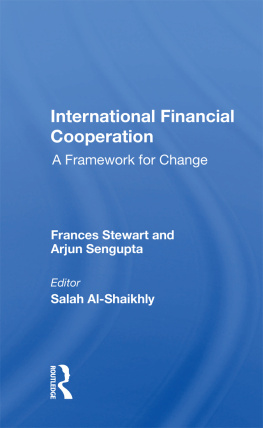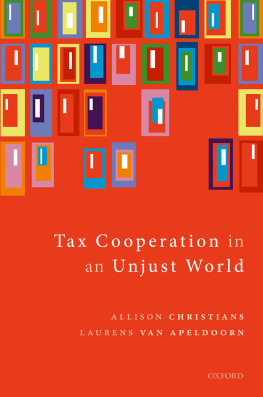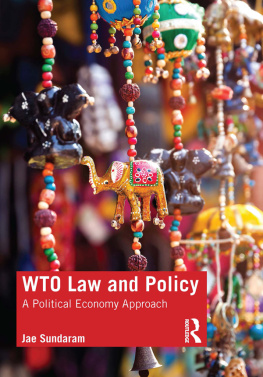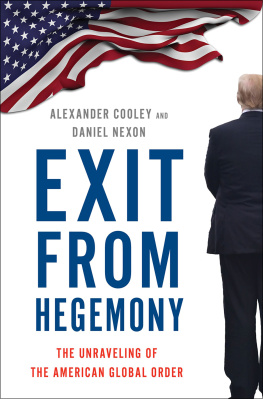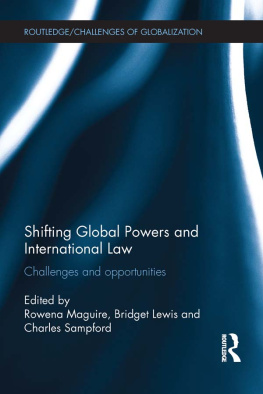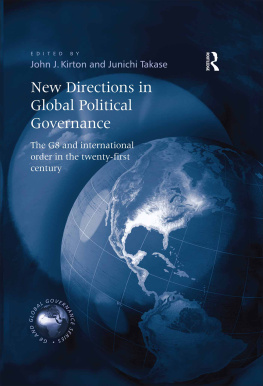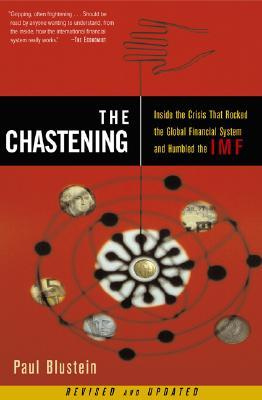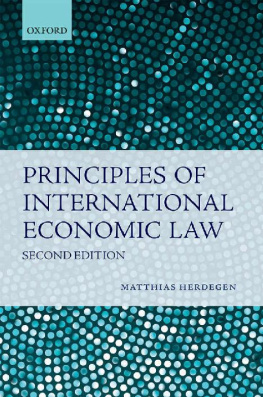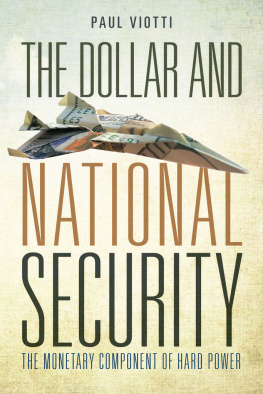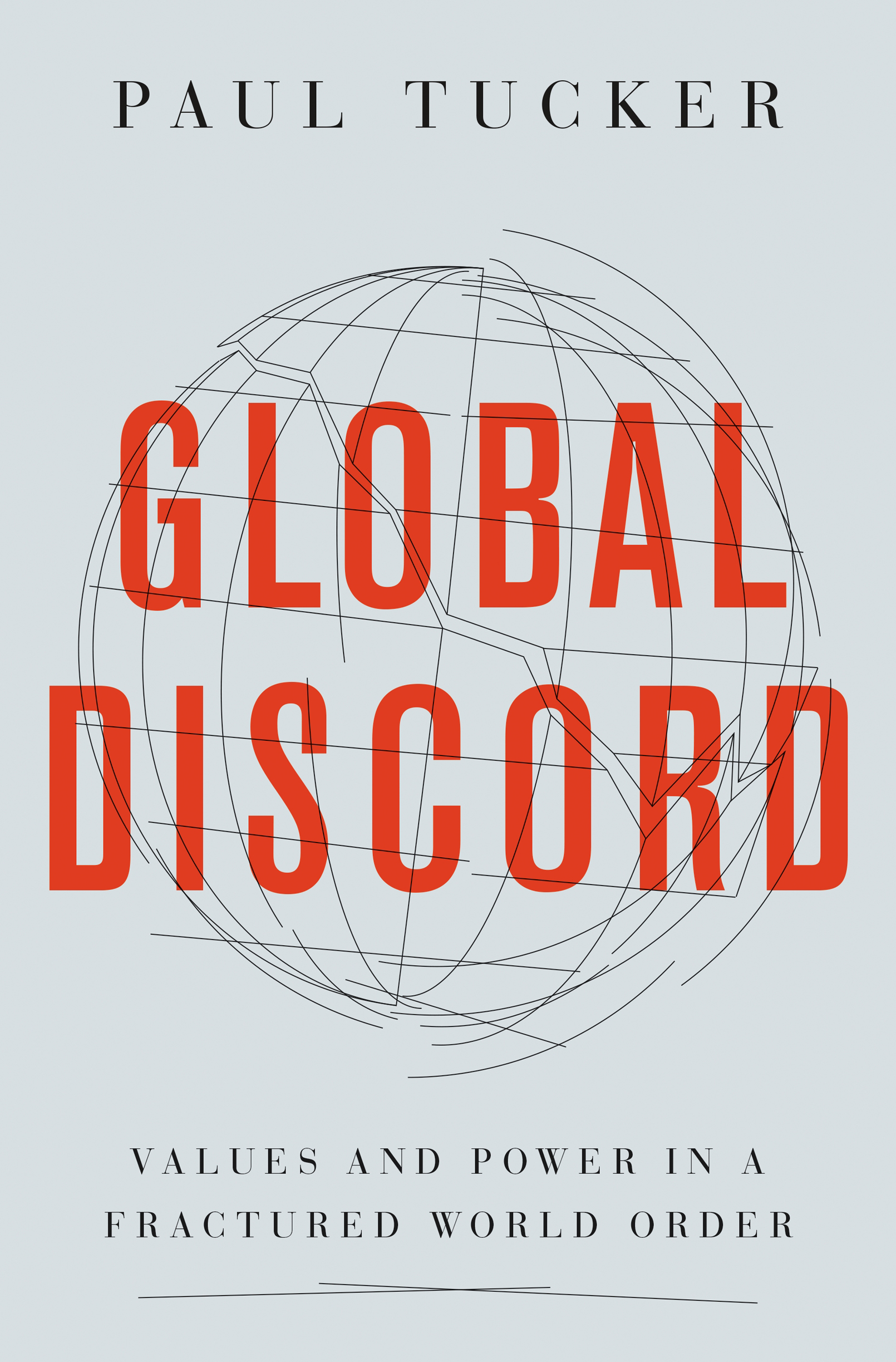GLOBAL DISCORD
Global Discord
VALUES AND POWER IN A FRACTURED WORLD ORDER
PAUL TUCKER
PRINCETON UNIVERSITY PRESS
PRINCETON & OXFORD
Copyright 2022 by Paul Tucker
Princeton University Press is committed to the protection of copyright and the intellectual property our authors entrust to us. Copyright promotes the progress and integrity of knowledge. Thank you for supporting free speech and the global exchange of ideas by purchasing an authorized edition of this book. If you wish to reproduce or distribute any part of it in any form, please obtain permission.
Requests for permission to reproduce material from this work should be sent to
Published by Princeton University Press
41 William Street, Princeton, New Jersey 08540
99 Banbury Road, Oxford OX2 6JX
press.princeton.edu
All Rights Reserved
Library of Congress Control Number: 2022937782
ISBN 9780691229317
ISBN (e-book) 9780691232096
Version 1.0
British Library Cataloging-in-Publication Data is available
Editorial: Hannah Paul, Joe Jackson, Josh Drake
Jacket Design: Karl Spurzem
Production: Erin Suydam, Lauren Reese
Publicity: James Schneider, Kate Farquhar-Thomson
For Jacques de Larosire and the memory of Paul Volcker, international monetary titans
CONTENTS
- xi
PREFACE
IN THE MIDST of the Global Financial Crisis, a colleague walked into my then office at the Bank of England to say that the US Federal Reserve had refused India a secured line of credit (known as a swap line) to help them navigate the fallout from the collapse of the Wests banking system. My response was something like, But India will be a power! I was left wondering how my world of economic policymaking had become detached from geopolitics when, only a generation before, titans like the late Paul Volcker had lived the connections.
A few years later, at the beginning of 2016, I used the Tacitus Lecture in London to explore this question, setting out four possible scenarios. Writing this in early 2022, we edge ever closer to a new cold war, and conceivably some kind of hot war if the Peoples Republic of China takes military action to control Taiwan, or too obviously comes to Russias aid. Who knows where things will stand when the book is published, underlining the need to think about international institutions in the context of a fracturing world order. That is one of two impetuses behind this book.
The other is a loose end in my 2018 book, Unelected Power, about whether central banks, and other independent agencies insulated from day-to-day politics, can find a decent place in healthy constitutional democracies. That book merely gestured toward the question of how far pooling authority in international organizations, and delegating to their staff, can be legitimate for nations and peoples who think of themselves as self-governing.
This book is, then, about where geopolitics and legitimacy meet, or maybe collide: How can what is legitimate for us survive a changing balance of power? It is therefore also about how the boundaries between policy fields that usually keep a distinct distance from each otherthe international monetary system, national security, trade, human rights, humanitarian intervention, the environment, pandemic control, even war and peaceunavoidably blur as governments confront problems of geopolitical grand strategy and domestic political authority. When more or less any public policy instrument can be weaponized, geoeconomics becomes integral to foreign policy.
The common theme of the two books, amounting to an underlying project, is how far our political values should constrain rational-choice institutional design. Institutions that are, as economists put it, incentive compatiblemeaning all actors have incentives that make the institution sustainableare not much use if those same incentives create conduct and outcomes that are at odds with the political values that supposedly animate them. To give a concrete example, the US system of government creates incentives for Congress to delegate a lot of lawmaking to unelected administrative agencies, and for the Supreme Court both to acquiesce and join in. But that is hardly consistent with the values that animated a constitution founded on the republican value of political representation via an elected legislature. The resulting system of government is incentive compatible, but teeters on the edge of values incompatibility.Global Discord is partly about whether combined values-incentives compatibility is feasible in international cooperation, and how international policy regimes and organizations might have to change to bring incentives into line with our deep political values without that driving states with different values and systems into hostile conflict with us. Some of its prescriptions on bringing national security and local legitimacy considerations into international economic policy have become mainstream since I first drafted them (before COVID) but are none the worse for that given the worlds fractures are likely to persist for decades.
As the risk of hostilities faces great powers rooted in very different civilizations, I want to say here that it is one of my lifes great blessings that many years ago I was able to taste something of the wonders of other civilizations when I traveled (and read my way) around China, the Indian subcontinent, and parts of the Middle East and Southeast Asia. The emphasis is on able to, because that blessing was bestowed by peace. What, following the late philosopher Bernard Williams, I call the problem of the First Political Questionhow governance can be legitimized so that excessive coercive power does not have to be used to maintain security and stabilitylooms large in the book because it is not something we should ever take for granted. After Russias invasion of Ukraine, that, grotesquely, is now more obvious than while I was writing.
Finally, Global Discord is for Jacques de Larosire and the late Paul Volcker, who led the International Monetary Fund and the Fed during the 1980s in extraordinary careers in international economic diplomacy. It is dedicated to them as tribute, in gratitude for their friendship and support, and because, of course, the Titans were overthrown by their successors, the Gods.
. Citing transcripts, Sahasrabuddhe, Drawing the Line, p. 474, reveals that the Fed did weigh diplomatic perspectives (perhaps myopically).
. Tucker, Geopolitics.
. Nixon, Rival Superpowers.
. Tucker, Unelected Power , pp. 33740, 55152.
1
Introduction
GEOPOLITICS AND LEGITIMACY IN A GLOBALIZED WORLD
You are pivoting to Asia, but were already there.
RUSSIAS AMBASSADOR TO THE UNITED STATES, 2014
The situation of one lot of people terrorizing another lot of people is not a political situation; it is, rather, the situation which the existence of the political is in the first place supposed to alleviate (replace).
BERNARD WILLIAMS, IN THE BEGINNING WAS THE DEED
IN LATE 1971 at a meeting in Rome, US president Richard Nixons treasury secretary, John Connally, famously told his international peers, the worlds leading finance ministers, that the dollar is our currency, but your problem. Whatever he had in mind, he had a point.
By his own admission not an economist, Connally, a former governor of Texas who had survived serious wounds when President John F. Kennedy was assassinated, was widely regarded as a formidable politician. Almost a decade earlier, President Charles de Gaulle had exercised Frances right, under the Bretton Woods international monetary system, to demand that the United States redeem its dollars for gold. Coming not long after the Suez debacle, and shortly before de Gaulle temporarily pulled France out of the North Atlantic Treaty Organization (NATO), it signaled not only Pariss discomfort with US leadership but also a growing sense that Washington would not be able to sustain the dollars international value given its escalating Vietnam War and the social welfare programs judged necessary to maintain a semblance of domestic order.


